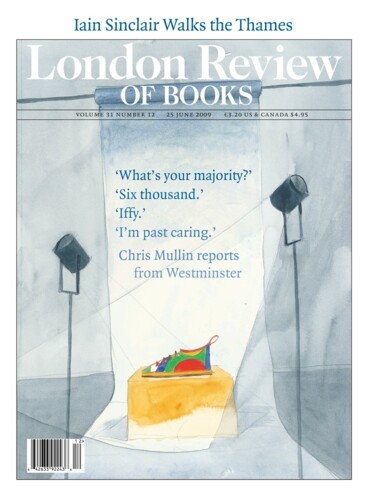Something of His Own: Gotthold Lessing
Jonathan Rée, 6 February 2014
One of the curiosities of German literature is a spirited little pamphlet called Pope ein Metaphysiker!, which appeared anonymously in Berlin bookshops in 1755. The argument is tendentious, convoluted and slightly mad, but the overall purpose is clear: to make fun of the learned members of the Royal Prussian Academy and accuse them of dishonouring the memory of their founding president,...





